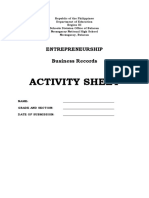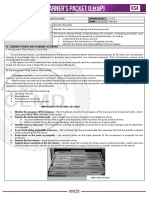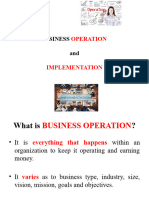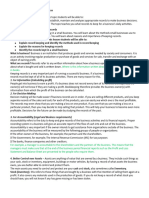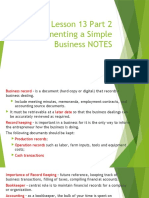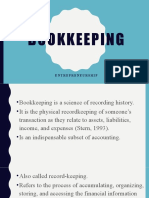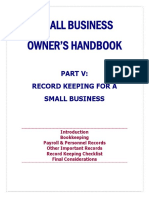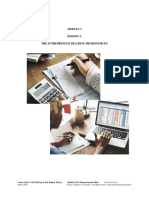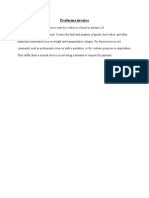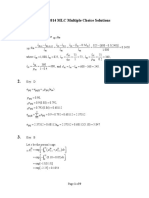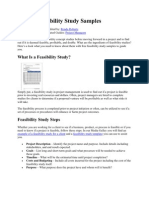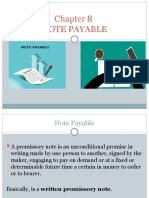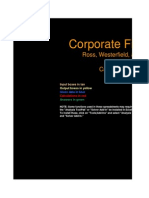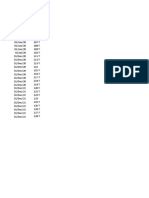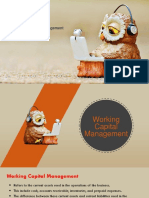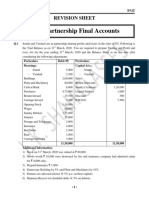0% found this document useful (0 votes)
62 views13 pagesEntrep Q4 W7
Entrep modules
Uploaded by
randyCopyright
© © All Rights Reserved
We take content rights seriously. If you suspect this is your content, claim it here.
Available Formats
Download as DOCX, PDF, TXT or read online on Scribd
0% found this document useful (0 votes)
62 views13 pagesEntrep Q4 W7
Entrep modules
Uploaded by
randyCopyright
© © All Rights Reserved
We take content rights seriously. If you suspect this is your content, claim it here.
Available Formats
Download as DOCX, PDF, TXT or read online on Scribd
/ 13









